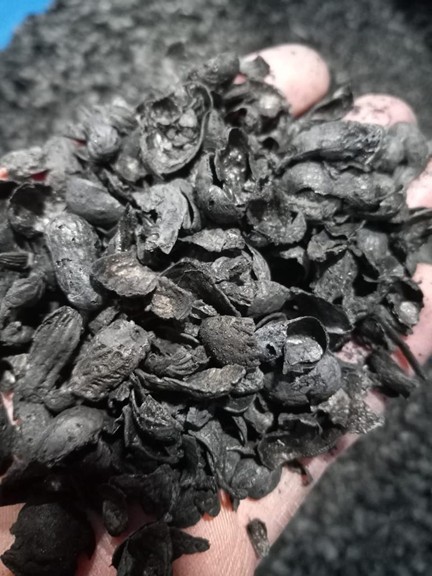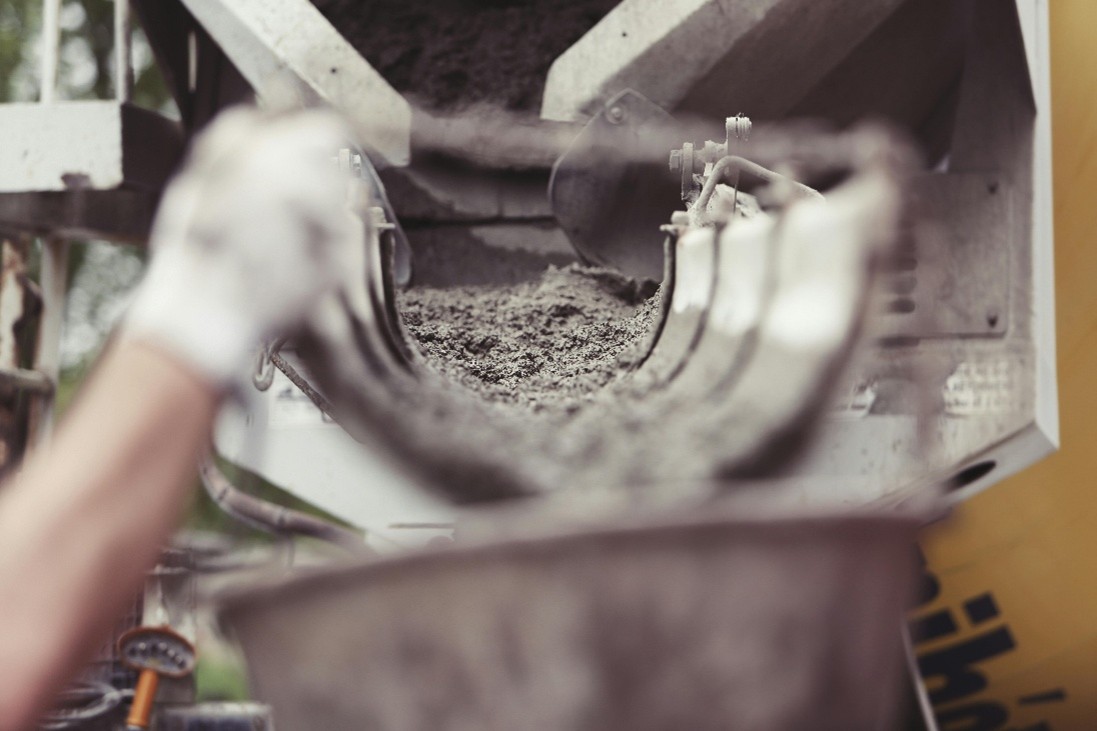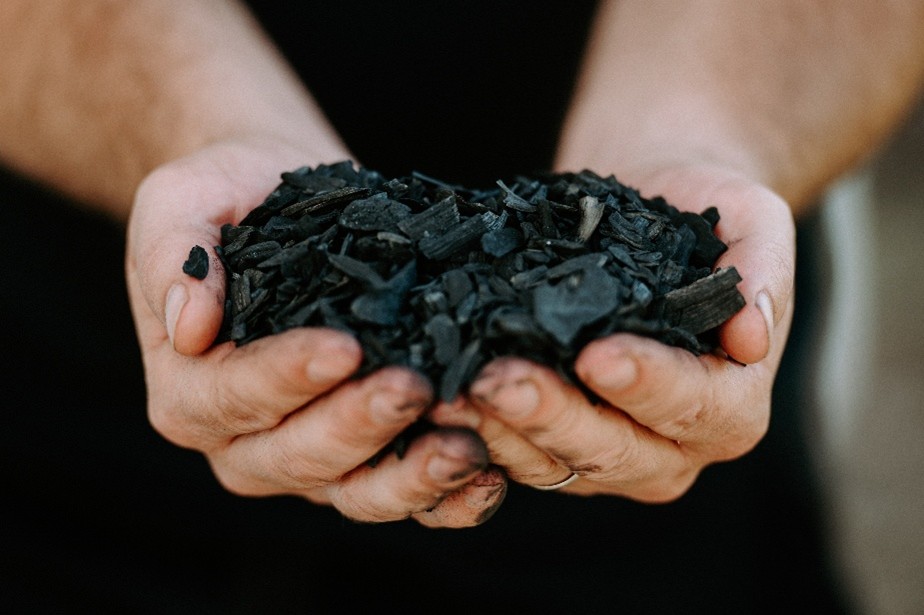Wood Innovation: Building a Sustainable Future from the Forest
At #forestproud, we see wood innovation as more than just progress. It is a pathway to stronger communities, resilient economies, and a healthier planet. Through the U.S. Forest Service’s Wood Innovation Program, forward-thinking projects that open new markets, spark job growth, foster education, and advance sustainable forest management. As a proud partner of the Wood Innovation Grant Program, #forestproud is helping share these stories, highlighting how innovative wood products are making real-world impacts and bridging the gap between forestry and the wider public. Together, we are demonstrating the power of forests to shape a more sustainable tomorrow.
What Is Biochar? A Climate Solution Rooted in Forest Innovation

Biochar is an age-old practice with powerful new potential. Biochar is essentially charcoal, but instead of burning it for heat, it's used as an agricultural, industrial, and environmental treatment material where it stores carbon for thousands of years. Created by baking biomass such as dead trees, forestry waste, or crop residues without enough oxygen for combustion , biochar transforms waste that would otherwise be discarded or burned into something valuable: a stable product that can be used to improve soil quality, remove pollutants from water, improve concrete, and more. This zero-waste solution does not just repurpose biomass; it redefines it as a tool for climate resilience, agricultural productivity, and circular economic development.
With roots in ancient agricultural practices, biochar is gaining traction across the country and the world, enhancing soil health, protecting water quality, and driving rural economic development. Through partnerships and innovation, the United States Biochar Initiative is helping build a future where waste has value and forests are part of an economic and climate solution.
From Risk to Resource: Tackling Forest Waste
Across the U.S., forests are facing mounting pressures, from changing weather patterns and invasive pests to a century of fire suppression that’s left many landscapes overcrowded and debris filled. In areas where communities meet forests, the buildup of dead trees and underbrush significantly increases wildfire risks. Every year, different agencies remove millions of tons of excess woody material through thinning and restoration efforts. But without productive use, much of it is burned on-site, adding cost and releasing harmful pollutants. Worse, without markets for this material, many projects simply do not happen, increasing the risk of catastrophic wildfires.

Biochar offers a practical, forward-thinking solution. By converting excess forest material into a stable, soil-enhancing product, communities can turn a high-risk byproduct into a high-value resource. Scalable technologies, from mobile kilns to community-sized units, make it possible to use this material locally or bring it to market, supporting healthier landscapes and stronger rural economies.
Beyond reducing wildfire risk through biomass removal, biochar can be used in post-wildfire restoration to rebuild soil health in burned landscapes. Its porous structure helps retain water and nutrients in degraded soils, which supports regrowth and reduces erosion in fire-affected areas. Similarly, biochar applications can improve stormwater management by filtering runoff and protecting nearby waterways from sediment and pollutants, making it a valuable tool for both forest and community resilience.
From Storm Debris to Soil Booster: A Biochar Success Story in Haywood County
In western North Carolina’s Haywood County, local officials and farmers are putting biochar to work in a powerful new way. After Hurricane Helene and Tropical Storm Fred left behind massive amounts of wood debris, the county partnered with private industry to bring in a mobile machine that turns downed logs and branches into biochar. This innovative approach reduced the volume of material headed to landfills or burn piles and created a value-added product that is now helping local farmers improve their soil health and water retention.
Biochar enhances soil by increasing its ability to hold nutrients and moisture, critical factors for crops recovering from storm impacts and variable weather. Farmers using biochar report healthier plants in increased yield, improved drought resilience, and reduced need for fertilizers, making their land more productive and sustainable over time.
The project is a strong example of how communities can use wood waste recovery and small-scale biochar production to support landowners, manage wood waste, and keep forests and farms productive. Rather than letting storm debris become a liability, Haywood County has transformed it into a local asset, displaying how wood innovation can strengthen both environmental and economic resilience. Read more on this story HERE.
Highlighting the United States Biochar Initiative

The United States Biochar Initiative (USBI) plays a vital role in advancing biochar innovation nationwide through education, advocacy, and support for projects turning wood waste into valuable resources. Their work is focused on developing markets for biochar in the agricultural, industrial, and environmental sectors by providing education, training, and supporting demonstration projects.
Keep an eye out for our upcoming #forestproud vlog, where we will dive deeper into USBI’s efforts, explore the expanding potential of biochar, and share stories from the people making a real impact on the ground. Together, we are highlighting innovations shaping a more resilient future.
Read more about USBI HERE.
All photos courtesy of the United States Biochar Initiative.
Powered by the Society of American Foresters, #forestproud is a storytelling and outreach initiative and is supported by a coalition of organizations, partners, and people working together to amplify the impact of forests in our everyday lives. We connect people to the role forests play in supporting jobs, building strong communities, advancing sustainable products, and inspiring a better future.
